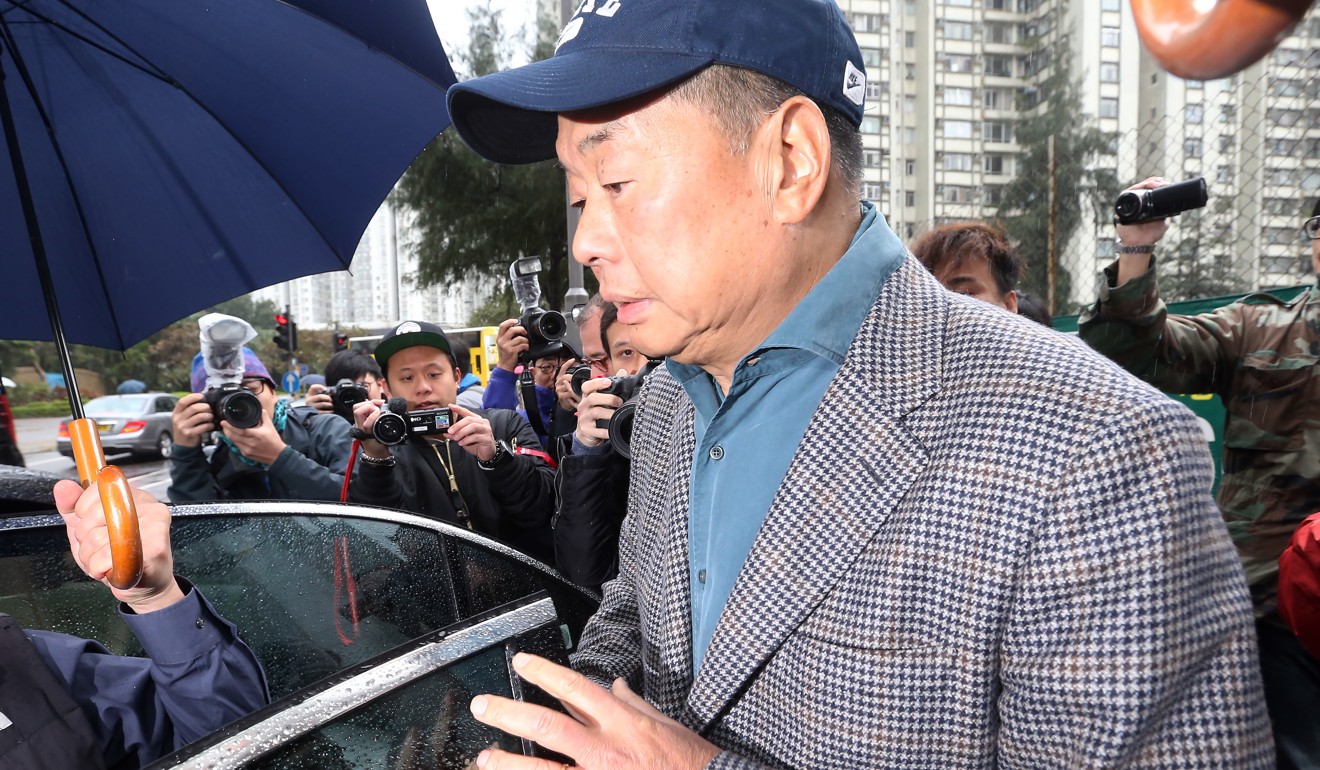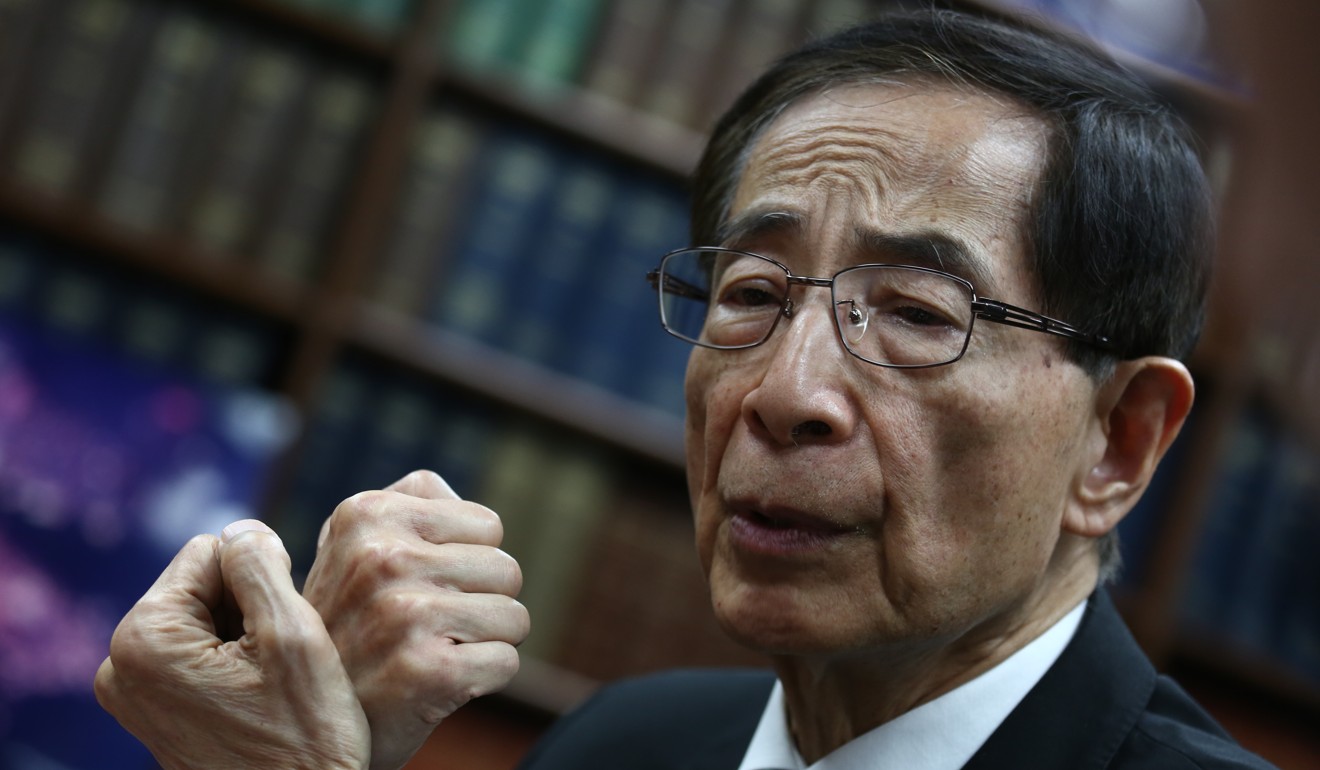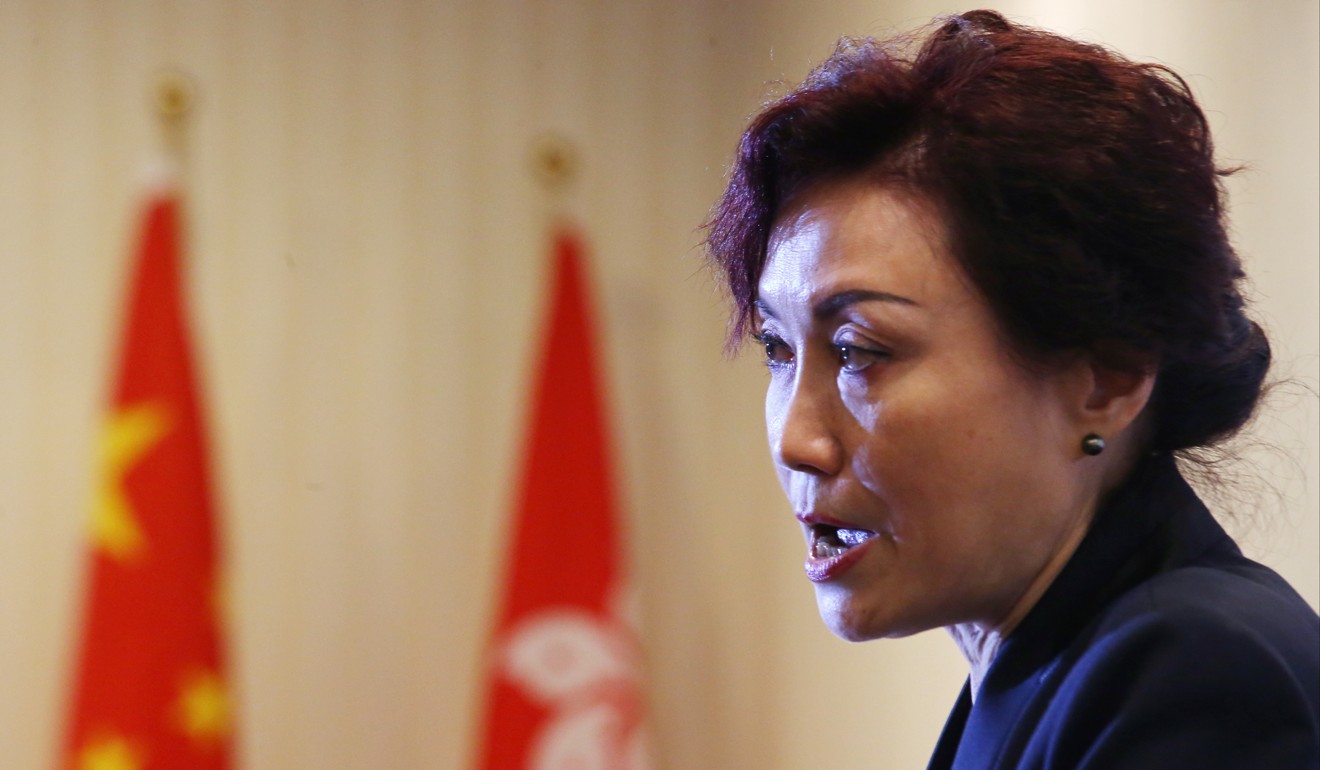
ICAC surprises judge with case against Hong Kong legislator ‘Long Hair’ Leung Kwok-hung
Lawyers aim to prove Leung took HK$250,000 from media tycoon Jimmy Lai and deliberately did not inform Legco, without aiming to prove corruption or illegal motives
A judge on Tuesday expressed surprise at a case brought by government prosecutors against veteran legislator “Long Hair” Leung Kwok-hung over possible misconduct relating to HK$250,000 he took from a media tycoon and allegedly did not declare to the Legislative Council.
Lawyers from the Independent Commission Against Corruption said they would rely solely on Leung’s acceptance of the cash and the alleged non-disclosure as constituting misconduct, without alleging any subsequent act or illegal motives – a case which prompted the judge to ask whether such allegations were serious enough.
Leung, 60, a lawmaker known for his pro-democracy stance, pleaded not guilty to one count of misconduct in public office at the District Court on Tuesday.
He allegedly failed to disclose to Legco that he had accepted the cash from Jimmy Lai Chee-ying, founder of Next Media, through Lai’s aide Mark Simon on May 22, 2012.
Prosecutors representing the ICAC said they would not be relying on any “illegal motives”, “corruption” or “improprieties”.
Nor would the prosecutors base their alleged misconduct on whether Leung had made speeches in favour of Lai at Legco meetings during the pro-democracy lawmaker’s tenure between 2012 and 2016.

During a preliminary hearing to resolve legal arguments, which began on Tuesday, Judge Alex Lee Wan-tang asked whether by merely receiving money – without having done anything else – Leung could have committed a serious offence.
“I am a little bit surprised to hear that the mere receipt of money without a declaration amounts to misconduct so serious that [it falls under] the common law offence,” the judge said.
However, the prosecutors wished to include records from a Legco register, which contained Leung’s declaration of interests, and speeches he made during the incumbent lawmaker’s last term, as evidence to show he had not declared Lai’s payment despite abundant opportunities.

The judge was asked on Tuesday by Leung’s lawyer, Martin Lee Chu-ming SC, to determine whether the court had the jurisdiction to try Leung, given that parliamentary privilege granted to lawmakers under the Legislative Council (Powers and Privilege) Ordinance gave lawmakers immunity from court proceedings.
Lee urged the prosecutors to clarify their position.
Senior assistant director of public prosecutions Anna Lai Yuen-kee SC argued Leung’s failure alone to declare the payment had damaged public confidence in the legislature, and that the non-disclosure was wilful and deliberate.
“We are talking about a quarter of a million dollars,” she said.

Lee in response urged the court to consider the parliamentary privilege granted to legislators.
He said although such privilege might let “naughty” and “crooked” legislators off the hook, its intent was to protect “upright” lawmakers speaking their minds freely.
He argued that both the Legco register and speeches the prosecutors sought as evidence fell within the privilege and hence could not be cited as court material.
If he succeeds in proving a lack of jurisdiction of the court on the matter, Leung, who was not required to appear on Tuesday but turned up briefly to make a plea, would be able to have the case thrown out.
Anna Lai countered by saying the Legco documents she wanted to use as evidence would not bring any “adverse impact to the core and essential business of the legislature”.
“It’s a price we can pay as a community,” she said.
Judge Lee will hand down his ruling on the jurisdiction issue on May 31 and on whether the Legco documents can be submitted to the court.

